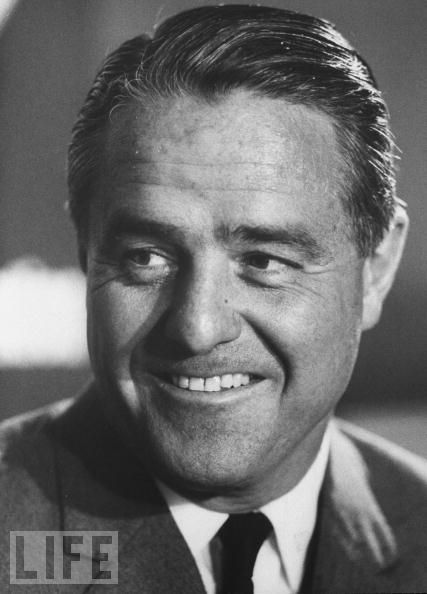
We are its leaders. We are the ones who make a brighter day,
so let’s give a trillion. “
Mr. Brown, who organized the meeting in a hangarlike conference center in London, said: ‘This is the day the world came together to fight against the global recession. Our message today is clear and certain: we believe that global problems require global solutions.’“
In the meantime, Slate‘s Fred Kaplan applauds the return of real, honest-to-goodness American statecraft in London. “Vast multinational conferences, like the G20 summit…are useful mainly for the ‘bilaterals’ — the one-on-one side-room conversations — and, in these forums, President Barack Obama is living up to high expectations. Which is to say, the United States seems to be returning to diplomatic basics — a development that in the wake of the last eight years is practically revolutionary.“
At the very least, the president’s diplomatic mojo seemed to work on Russian president Dmitry Medvedev. “‘Yesterday I spoke about this with my new comrade President Barack Obama,’ Medvedev told reporters travelling with him to the London summit…’I liked the talks. It is easy to talk to him. He can listen. The start of this relationship is good,’ he said, adding: ‘Today it’s a totally different situation (compared to Bush).'”



